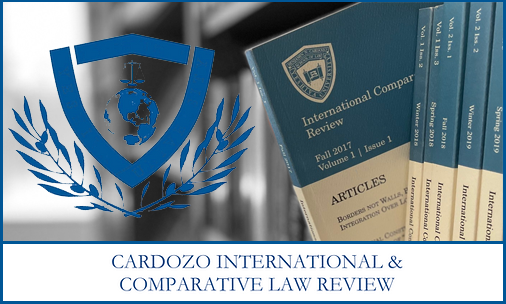Document Type
Blog Post
Publication Date
1-18-2023
Graduation Year
2024
Abstract
Shards of glass and plastic flew across the floor as legislator Burak Erbay, a member of the Republican People’s Party, hammered and smashed a smartphone Wednesday night while addressing the Turkish parliament in opposition to president Recep Tayyip Erdoğan proposed Disinformation Bill. Erbay argued the Bill’s clampdown on social media would make smartphones obsolete. Turkish authorities reported to the Venice Commission and the Directorate General of Human Rights and Rule of Law (DGI) of the Council of Europe that the principal goal of the new legislation is to “prevent the spread of fake, untrue, baseless, and false information designed to create a specific perception, and ensure that anonymous accounts can be associated with real persons.” The General Justification of the Draft Law states the law “is designed to protect Turkish citizens’ rights online while combating ‘disinformation’ and ‘illegal content’ produced by ‘false names and accounts.’” However journalists and media organizations within Turkey argue the Bill fails to remedy issues of disinformation because journalists and media organizations were never consulted in the drafting process. Instead journalism organizations in Turkey argue the Bill will lead to one of the heaviest censorship and self-censorship mechanisms in the history of the Republic. The opinion drafted by the Venice Commission echo this fear.
This post was originally published on the Cardozo International & Comparative Law Review on January 18, 2023. The original post can be accessed via the Archived Link button above.
Recommended Citation
Rojas Navarro, Zaira A., "Free Speech: A Right in Crisis as Turkish Parliament Passes New “Disinformation” Bill" (2023). CICLR Online. 64.
https://larc.cardozo.yu.edu/ciclr-online/64


